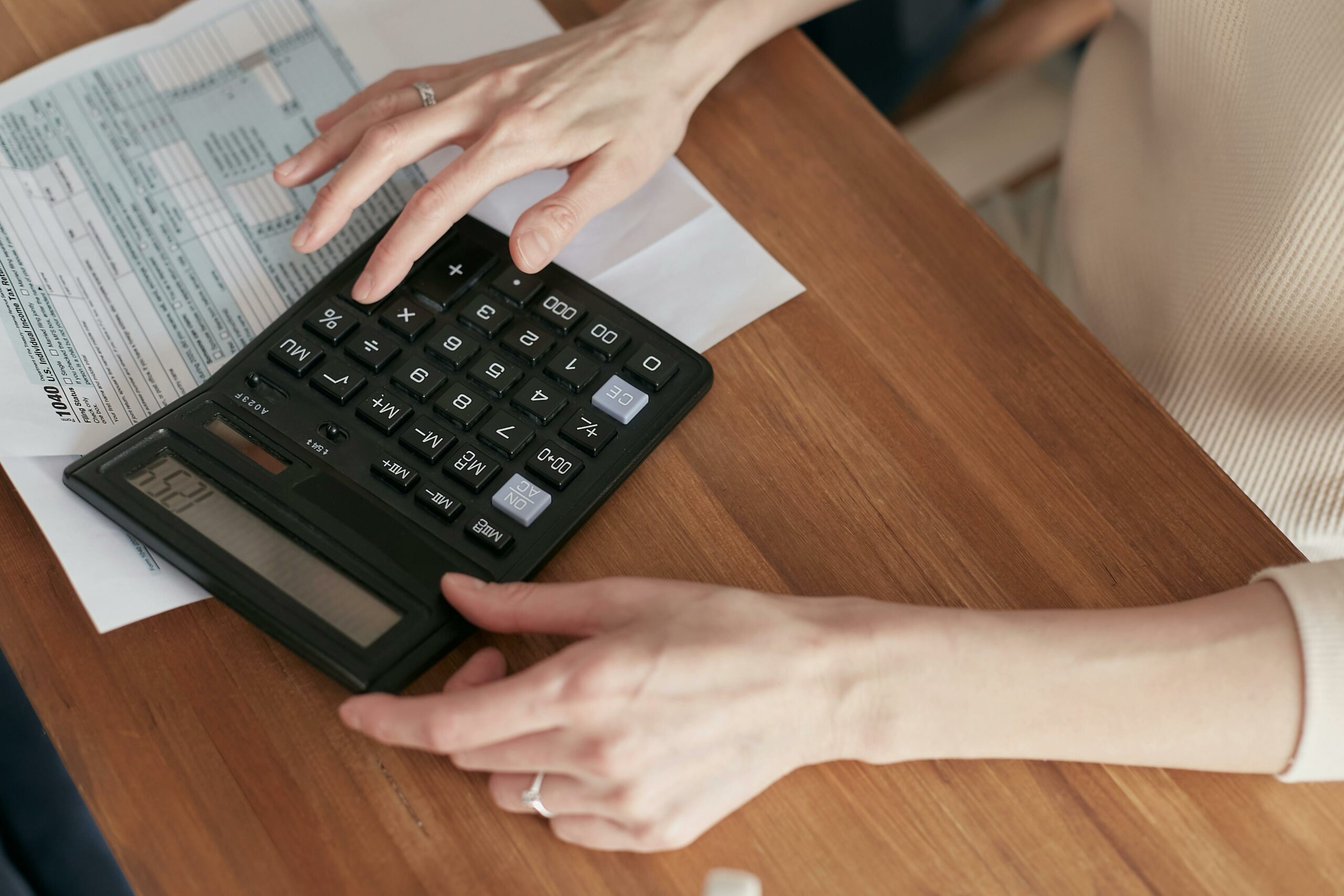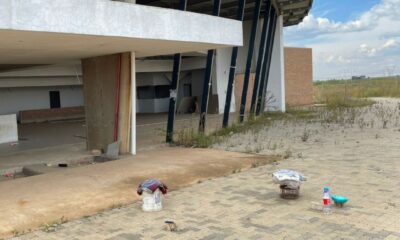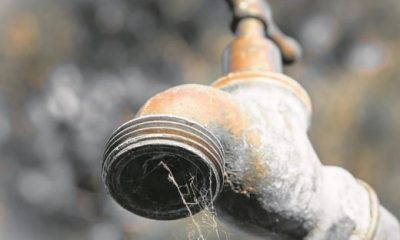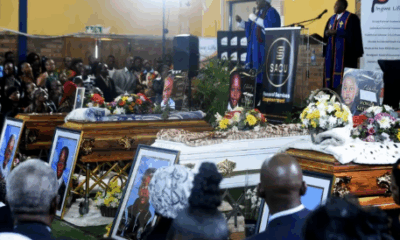The eThekwini Municipality has extended its Special Debt Relief Programme, offering residents a chance to have half of their old municipal debt written off. But while the move has been welcomed, ratepayer groups are sounding a major alarm: what good is debt relief if the billing system that created the debt remains broken?
The core issue, according to advocates, is that residents struggling with often inaccurate and “astronomical” bills could use the relief programme, only to be plunged back into debt immediately afterwards by the same faulty system.
A Welcome Lifeline with a Critical Caveat
Ish Prahladh, president of the eThekwini Ratepayers and Residents Association, acknowledged that the extension “will be a big relief for consumers.” However, he immediately pointed to the elephant in the room: “a nagging question remains: have they sorted out their billing system, which is in chaos? Charges are astronomical and mostly incorrect.”
His concern is that without a fundamental fix to the meter reading and billing process, the relief is only a temporary patch. “Consumers may find relief but could still end up in greater debt due to incorrect charges,” he warned.
Prahladh urged residents to be hyper-vigilant, conducting their own monthly meter readings to verify the amounts on their statements. He cautioned that the municipality’s default position is often simply “pay or we will cut you off,” regardless of the accuracy of the underlying bill.
How the Debt Relief Programme Works
The extended programme, which runs from November 1, 2025, to January 31, 2026, offers the following terms:
-
50% Write-Off: Account holders with arrears dating back to January 31, 2025, can settle 50% of that debt, with the municipality writing off the other half.
-
Instalment Option: The 50% payment can be made in instalments, provided it is fully paid by January 31, 2026.
-
Post-January Debt: Customers must also settle the entire outstanding debt for the period from February 1, 2025, to June 30, 2025. If they cannot, they can enter an interest-free payment plan to settle it by June 2026.
The Democratic Alliance (DA) welcomed the extension but noted the previous programme’s underwhelming results, recovering only R1.3 billion of an expected R3.1 to R6.3 billion.
A Call for Systemic Change, Not Just Short-Term Relief
The IFP’s Councillor Jonathan Annipen emphasized that relief must be part of a broader strategy. “We believe that debt relief should not be a once-off gesture but part of an ongoing effort to rebuild trust between the municipality and its ratepayers.”
This sentiment captures the prevailing mood. The debt programme is a necessary lifeline for cash-strapped residents and businesses, but it does nothing to address the root cause of the problem. For ratepayers, true relief will only come when they can trust the number at the bottom of their bill. Until then, many fear this initiative is merely treating a symptom while the diseasea broken billing systemcontinues to spread.
{Source: IOL}




























